Pharmacological characteristics exist in ajwain. Niacin and riboflavin, as well as minerals like calcium, phosphorus, iron, cobalt, copper, iodine, and manganese, are abundant in ajwain. It also contains carotene, thymol, tannins, glycosides, moisture, saponins, and flavone. This small seed is a miracle of health because of all of these components. Ajwain is frequently added to curries, but in order for it to be used as a cure for different common aches and pains including indigestion, respiratory problems, or skin problems, it must be taken in sufficient doses.
Benefits of Ajwain
- Fight bacteria and fungi
- Improve cholesterol levels.
- May lower blood pressure
- Combats peptic ulcers and relieves indigestion
- May prevent coughing and improve airflow.
- Has anti-inflammatory effects
Ingredient: Bishop’s seed
Origin: India
Other Name: Anise Seed
Ingredient Type: Vegetarian
Taste and Aroma:
Anise has a licorice flavor that is sweet, mildly spicy, and very aromatic. This flavor is produced by anethole, an organic compound related to estragole, which produces flavors in tarragon and basil.
How to use:
Anise seed (whole or ground) can be added to the dough for baked goods, fruit fillings for pies, and ground meat before baking. Anise extract can be used in baked goods and to flavor drinks such as coffee or hot chocolate. The seeds can also be used to brew a licorice-flavored tea
Additional Information:
Carom seeds have long been used in traditional Indian cuisine and Ayurvedic medicine.
They have been shown to possess antibacterial and anti-inflammatory effects and may be effective in treating peptic ulcers and reducing blood pressure and cholesterol levels.

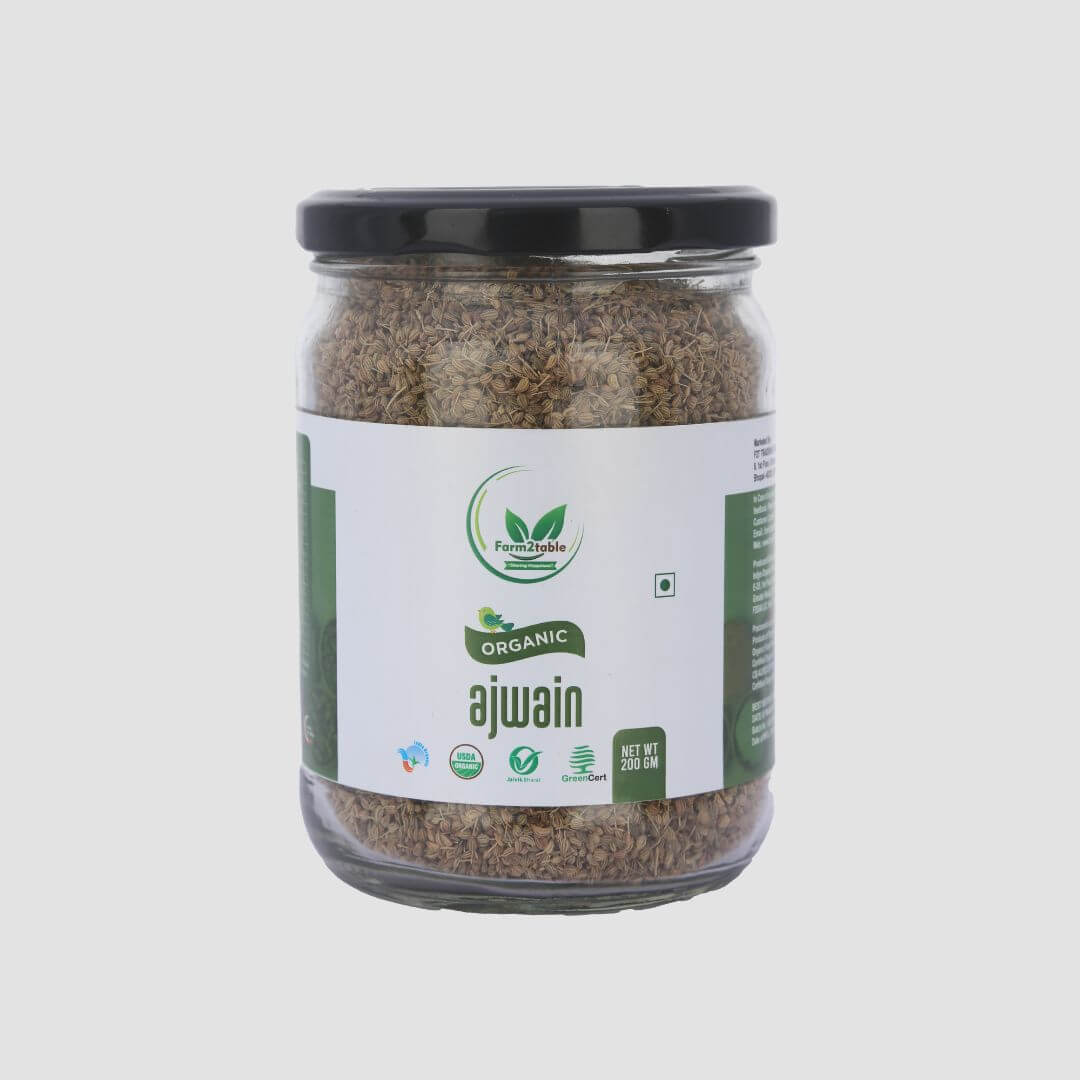
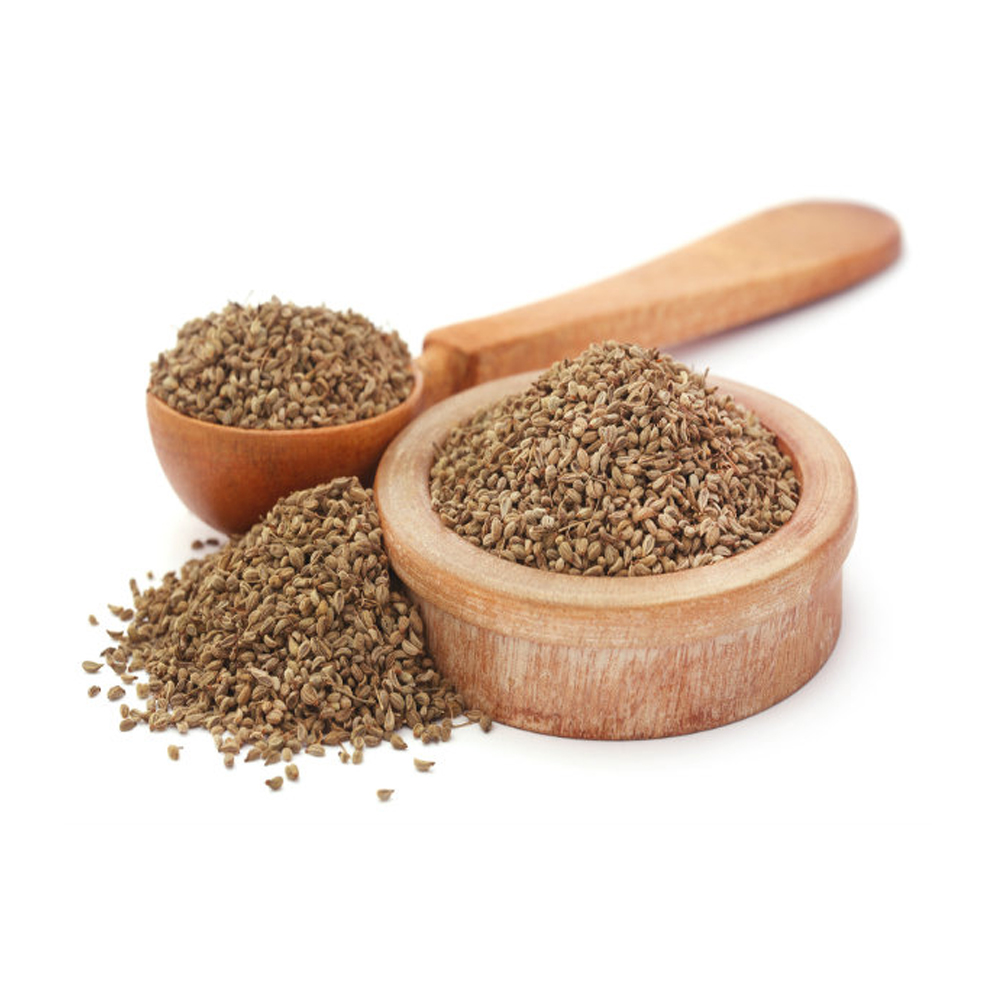
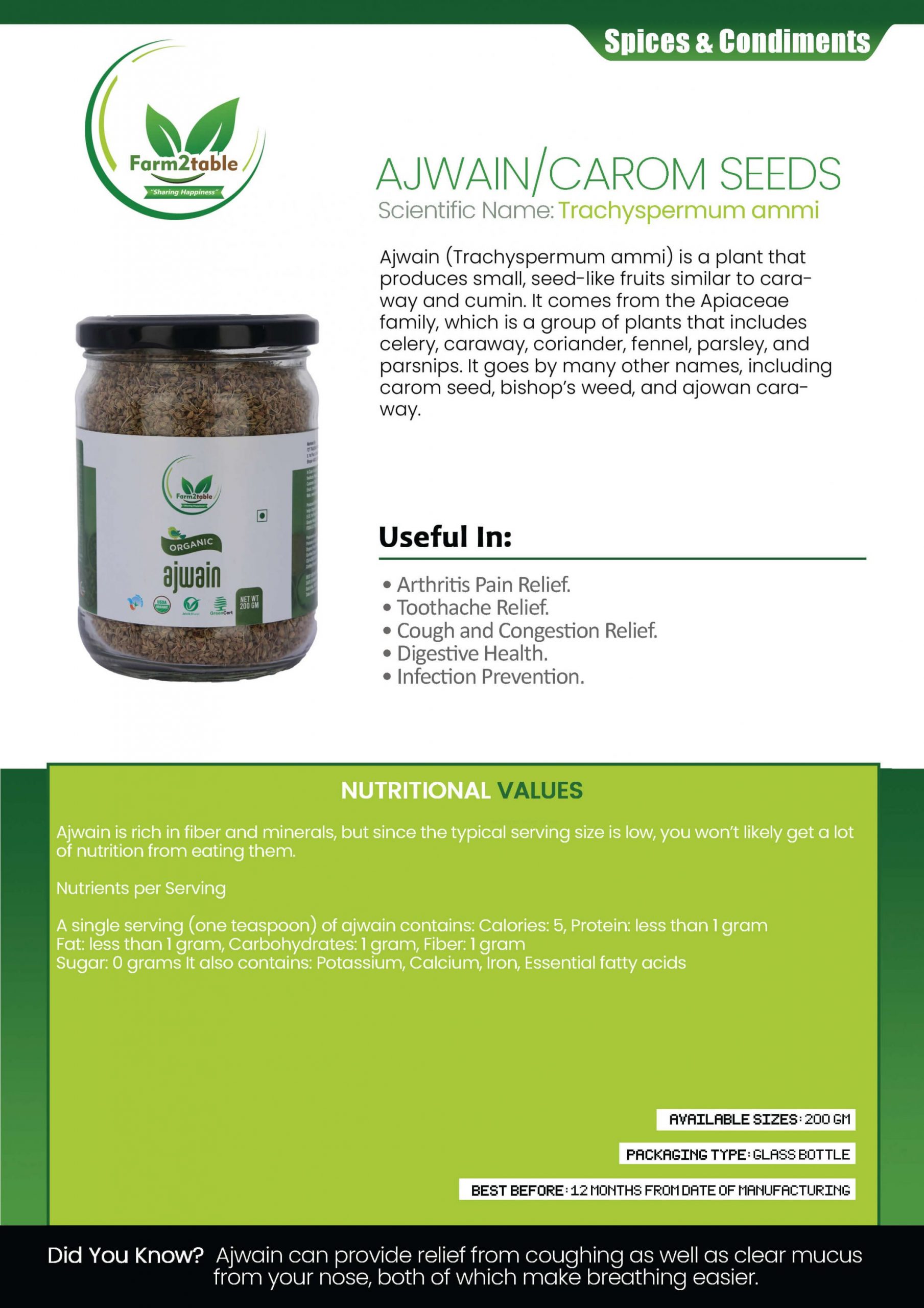
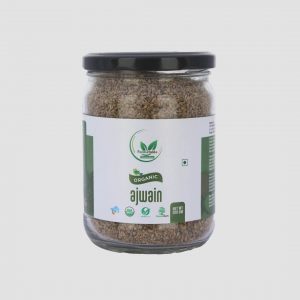
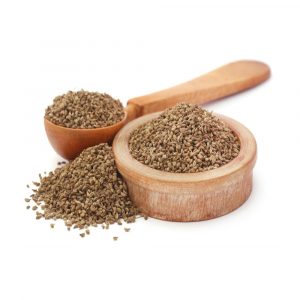
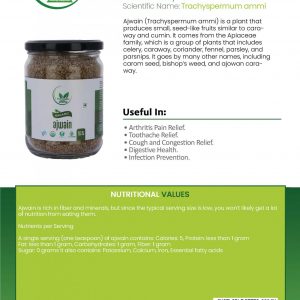
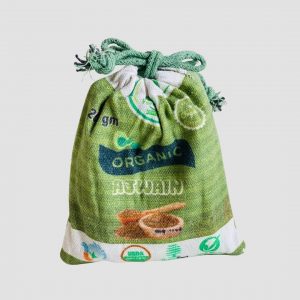
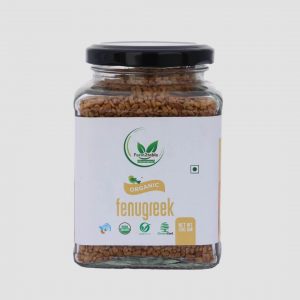
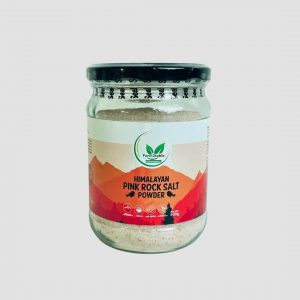
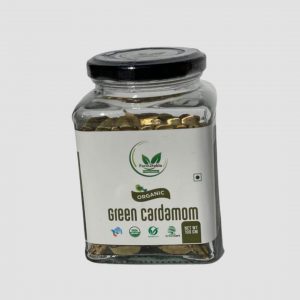
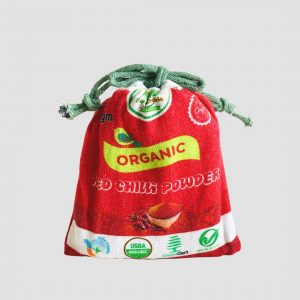
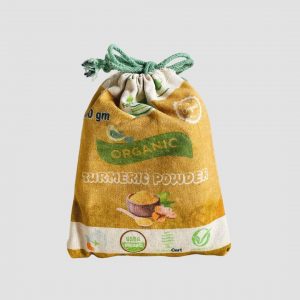
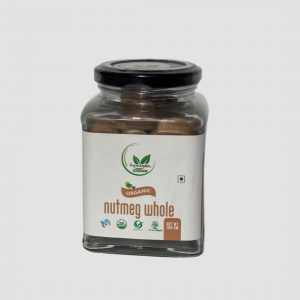
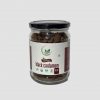
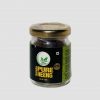
Reviews
There are no reviews yet.